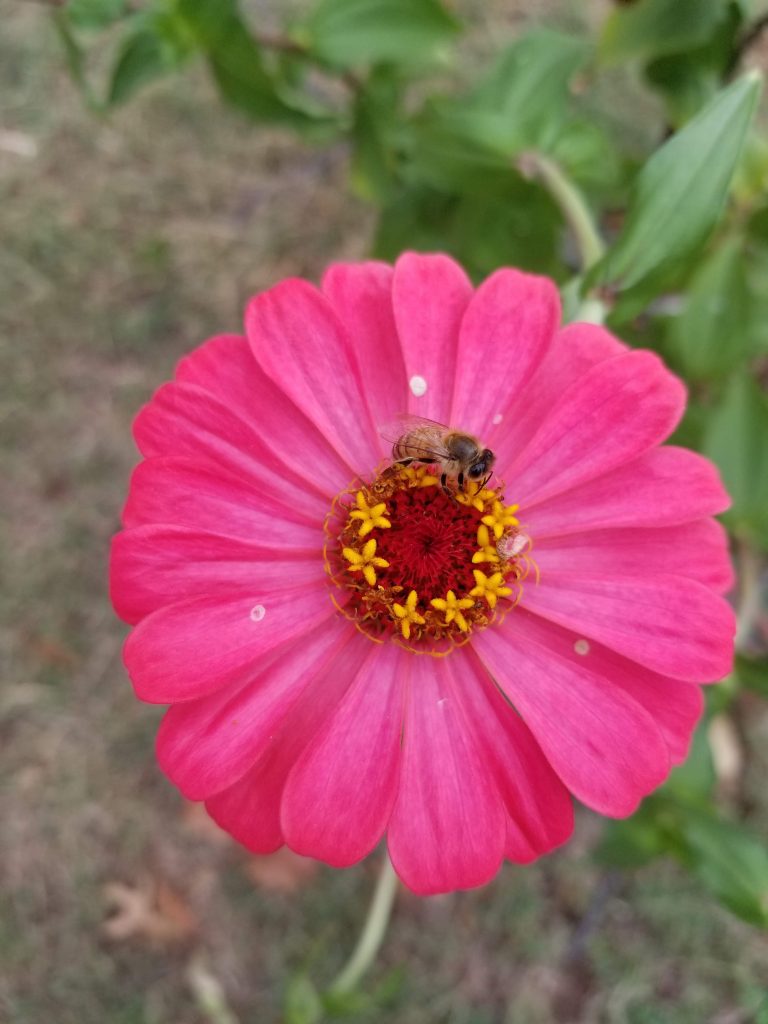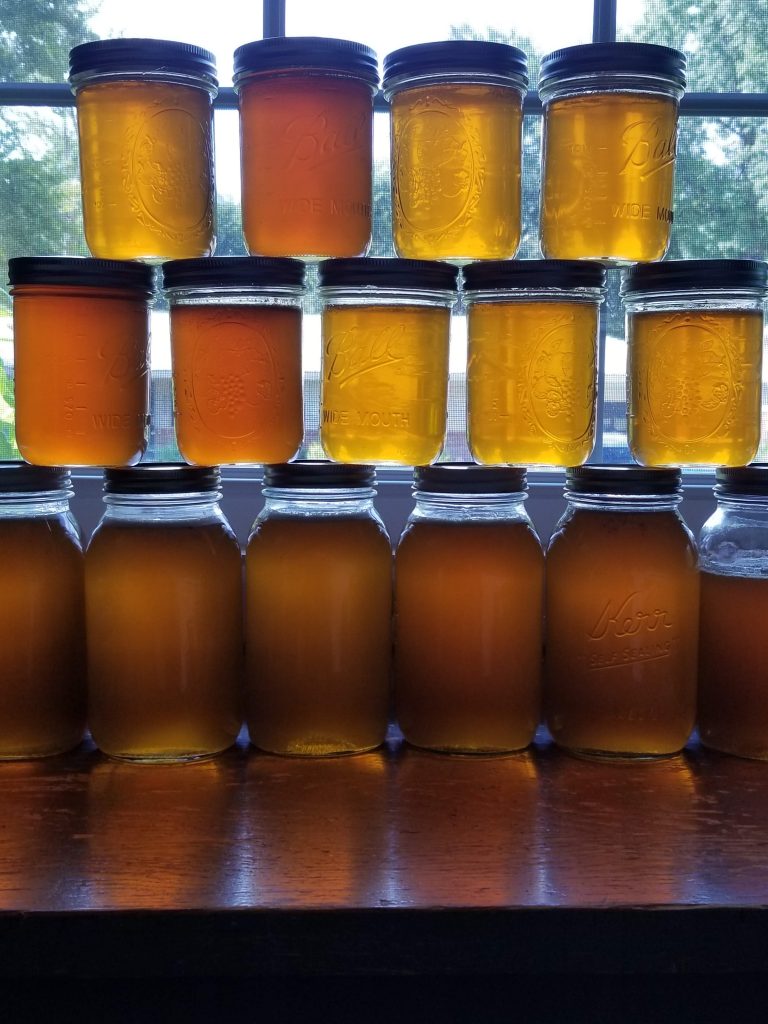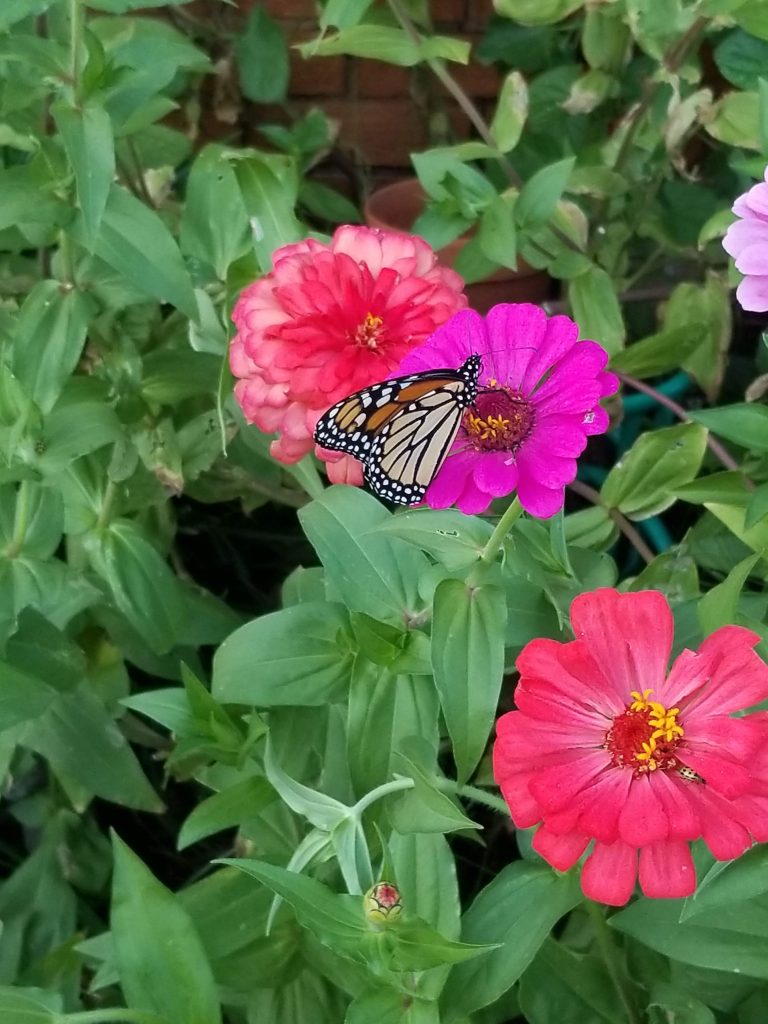
Bees and other pollinators are a critical part of our planet’s ecosystem. As such, their contributions are essential to our health and the health of our planet. These contributions include food systems and food security, such as pollination services, and through their creation of products, such as honey, that have proven medicinal value.
Only a small percentage of the bee population is managed. Most bees are wild. For this reason, we should carefully consider how changes in one population of bees can both negatively and positively affect the other. The change would also be to our food security, availability and diversity.

While not all bees produce honey, perhaps the most well-known and obvious contribution of bees is the production of is this natural sweetener. What some may not realize is its many health benefits, including antimicrobial, anti-inflammatory, and antioxidant.
Beeswax is a diverse bee byproduct. It has been used in skincare and pharmaceutical products, for candle making, as a waterproofing material and as fuel.
Other, perhaps less well-known, products produced by bees that are of benefit to our health, include:
- propolis, a resin that bees create
- bee pollen
- royal jelly
- bee venom
While honey is produced by bees from plant nectar, another product from their plant visits is the pollination services. As the bee forages, the tiny hairs on their body collects plant pollen. The honey bee will clean themselves and store pollen in their pollen sacs then return to the hive where this pollen is stored in hives cells and used as protein for the colony. (All species of bees within the family Apidae carry pollen on their legs.) In addition, as the bee moves between flowers, the pollen grains are distributed between flowers. This serves to pollinate plants that produce food for animals and humans. Bees, as pollinators, are critical to our ecosystem. An important implication is the financial value of pollination services.
A superorganism is a group of related, social individuals working together to effectively cooperate as one large organism. Honey bee colonies form a superorganism with complex communication and self organizing and self sustaining attributes. Researchers continue to learn more about these attributes and apply them in our work and initiatives, and learn how changes in a bee colony are associated with changes in the environment that affect humans. These changes may include food supplies, farming and food security practices, and global warming.

Creating green spaces and gardens, growing native flowers, and reducing landscaping activities contribute to the health, food and shelter for bees and other pollinators. But, not just pollinators, these actions can increase our mental and emotional well-being.
Beekeepers and volunteers can participate in research activities through citizen sciences initiatives. The Bee Informed Partnership is a good way to help scientists better understand issues then develop solutions to allow bees to thrive.